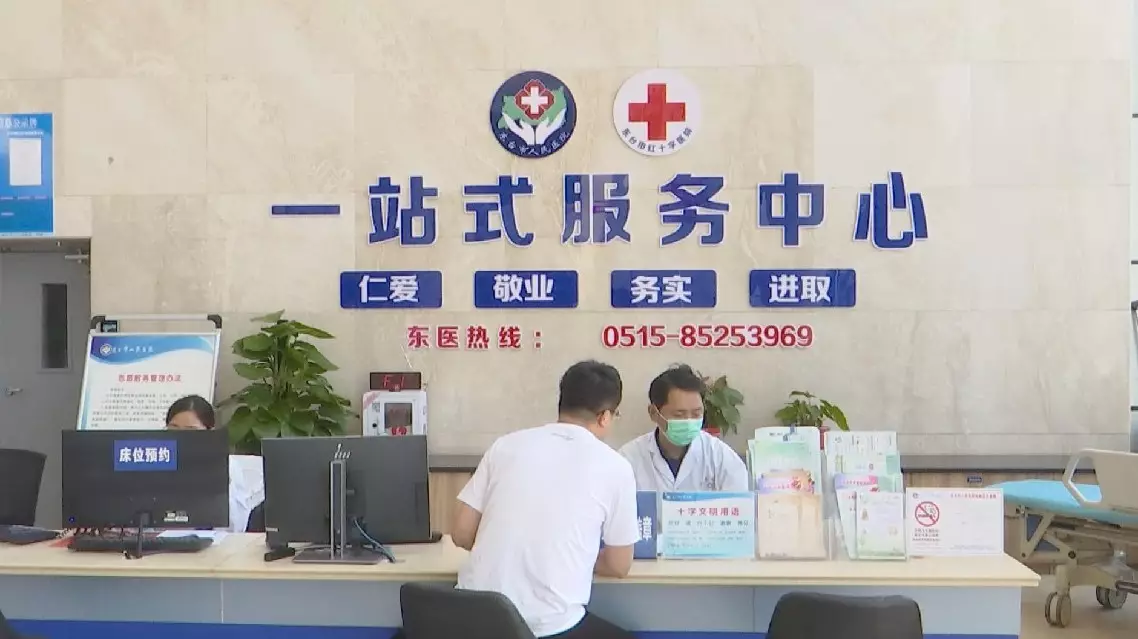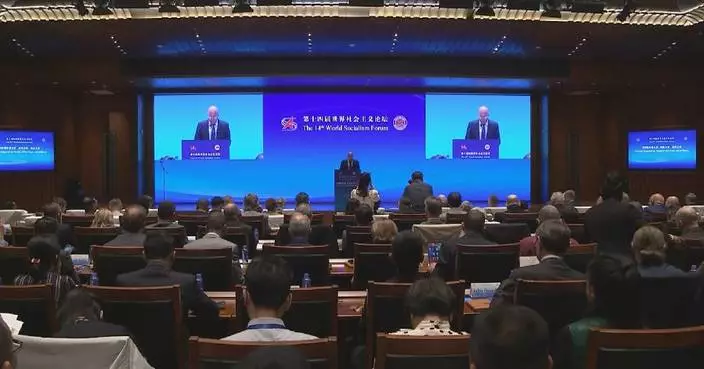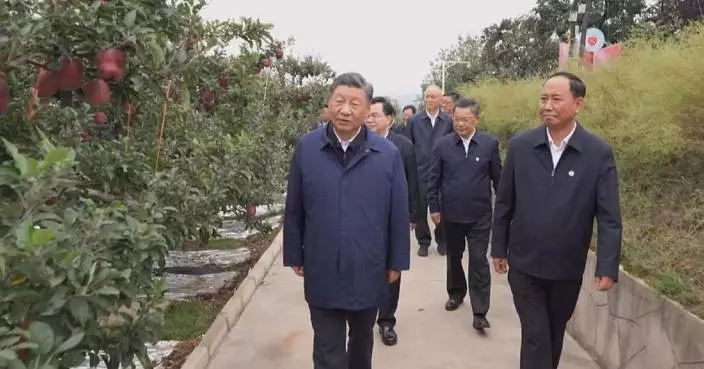Paris's first women's dragon boat team, composed of breast cancer survivors, expressed excitement over showcasing the Chinese national sport at the 2024 Olympic Games opening ceremony.
The dragon boat team, whose members are all locals with an average age of 45, participated in the torch relay of the Olympic opening ceremony.
Established in 2016, it is the first women's dragon boat team in Paris. Team leader Carole has been involved in the sport for nine years.
"I had breast cancer and the dragon boat is an activity that helps the body to regain mobility after surgeries. I did not know dragon boat before. Thanks to a Canadian doctor, I came to know the dragon boat. In 1995, he found that after breast cancer surgery, woman should participate in physical activity for regaining their energy of life," said Carole.
"Whether it is snowing or it's hot, that is not a problem for us, we will still row the dragon boat. We row under rain, we row in snow, we row against the wind. We row no matter what. This is what we agreed," she said.
Knowing they would be a part of the opening ceremony, Carole said the whole team was excited and felt greatly encouraged.
"This year marks the anniversary of the establishment of diplomatic relations between France and China. For me, making dragon boat known through the Olympics is a great pleasure and we are very proud of presenting the Chinese sport in France and in Paris," she said.
The 2024 Paris Olympics includes dragon boat racing as a demonstration sport.

Breast cancer survivors thrilled to showcase dragon boat racing at Olympic opening ceremony
China is intensifying efforts in channeling medical professionals from its county-level hospitals to lower-level healthcare institutions to better meet public demand, with over 90 percent of counties nationwide now regularly assigning their hospital staff to township and village-level units for medical service, according to the National Health Commission (NHC) on Thursday.
As part of China's ongoing healthcare reform, sending experienced medical professionals from counties to nearby townships and villages helps address deficiencies in grassroots medical services.
"At present, 90.9 percent of counties nationwide have deployed staff from county-level hospitals to township and village clinics, with long-term personnel stationed there. Medical staff are required to stay at these clinics for at least six months and undergo regular rotations. This approach is to ensure township and village-level medical units offer adequate, reliable services to locals," said Lei Haichao, head of the NHC, at a press conference in Beijing.
In addition, Lei emphasized the importance of advancing the development of county-level medical consortia, aiming to ensure that common diseases are treated at the county level, while routine healthcare needs are managed at the grassroots level.
"By the end of 2025, over 90 percent of counties nationwide are expected to establish county-level medical consortia. This will improve coordination between higher and lower-level medical units, streamline information sharing, and increase personnel exchanges, leading to continual improvements in grassroots healthcare services," added Lei.
According to the NHC, average life expectancy in China has risen to 78.6 years as of 2023.
By the end of 2023, more than 80,000 Chinese students have been enrolled in the country's tuition-free bachelor program in medicine. The program aims to train more medical professionals for medical institutions in rural areas to improve grassroots medical services.

China channels more county-level medical professionals to grassroots healthcare units: NHC










